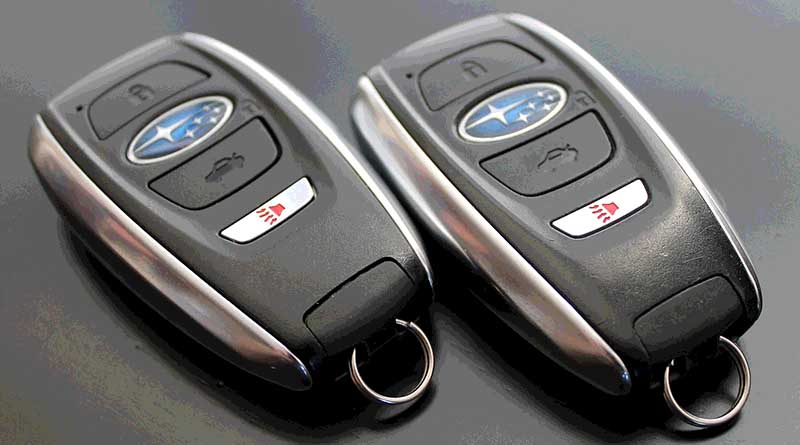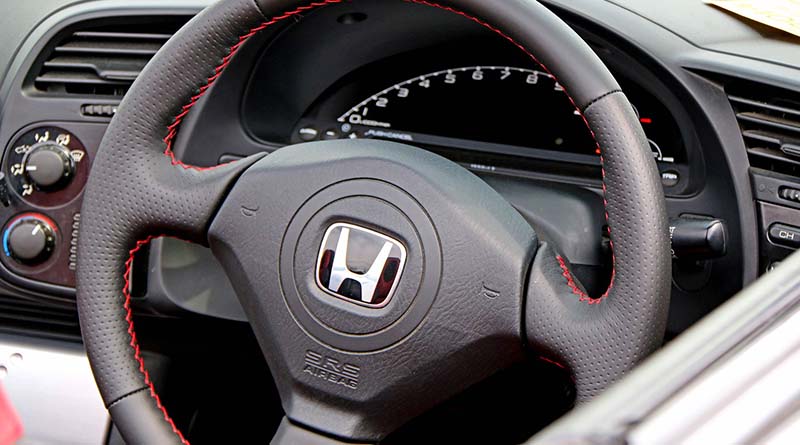Today I have a Toyota switched lease case that just might be unsolvable. I’ll let you tell me if you think it is — or isn’t.
That’s right, it’s time for another Should I Take The Case?, a feature that gives you the chance to tell me what to do. (Haven’t you always wanted to do that?) This one shows the importance of reading the contract on your car lease very carefully.
That’s not the Toyota we paid for
In December 2016, Owen Neri wanted to buy a 2017 Toyota Tundra from Toyota Del Rio, his local Toyota dealership.
“We signed paperwork for that 2017 truck but were told we did not get approved for it,” he says. “Instead, they told us we were approved for a 2015 Toyota Tundra.”
Neri accepted the truck and the loan.
“But a few months later, Toyota Financial Services contacted us,” he says. “They said we were actually approved for a 2017 Toyota Tundra — and that’s what we would be paying for.”
Neri contacted his dealership to resolve the situation, “but they have been sketchy and to
be honest we feel lied to and defrauded.”
“This is not the type of conduct we would expect from a reputable company,” he says.
The strange case of a Toyota switched lease
Neri wants Toyota to return the $31,000 he spent on the loan and to replace his 2015 Tundra with a 2017 model. That is a tall order.
The differences between the 2015 and 2017 models appear to be mostly cosmetic. All 2016 and later Tundras are equipped with the 381-horsepower 5.7-liter V-8 with a larger 38-gallon fuel tank and Flex Fuel capability. Some models have upgraded their trim options and others have an integrated trailer brake controller. Toyota also fixes some entertainment and connectivity features, although they are fairly minor.
Worth $31,000? Probably not.
Then there’s the issue of the lease. It should settle this question once and for all. Did it say 2015? Based on my reading of Neri’s paper trail, it did. Toyota says it should have said 2017. But it’s not in the document he signed.
Always read the contract
If nothing else, Neri’s Toyota switched lease case shows the importance of reading the entire contract. When you sign it, it’s signed. You can’t go back even if the manufacturer says you can. Your contract was with the dealership.
And yet, Neri applied for a loan on a 2017 Tundra. Toyota Financial Services told him he received a loan on the truck he wanted. It looks to me like his dealership might have changed the contract because it wanted to clear out some of the old models. If that’s true, then we have a problem. (Related: Help! My 2017 Hyundai Santa Fe locks itself. Can you unlock it, please?)
Neri wants me to go after the dealership, Toyota and Toyota Financial Services, to get him some justice. He hasn’t appealed to our Toyota executive contacts yet, which would be a necessary next step. (Here’s how to fix your own consumer problems.)
“We do not want to seek legal counsel over this or to go public about this unfair practice without giving Toyota a chance to resolve this situation,” he says. “All we want is the 2017 truck that I was approved to get — not this 2015 truck.”
Well, it’s too late for the going public part. Neri already did that when he contacted me. He might find a lawyer to take this case, but it’s probably not going to be cost-effective.
I’m not sure what to do. Neri didn’t mean to lease a 2015 Toyota Tundra, but he signed the paperwork for one. His dealership expects him to honor that lease. So, should I take the case?



